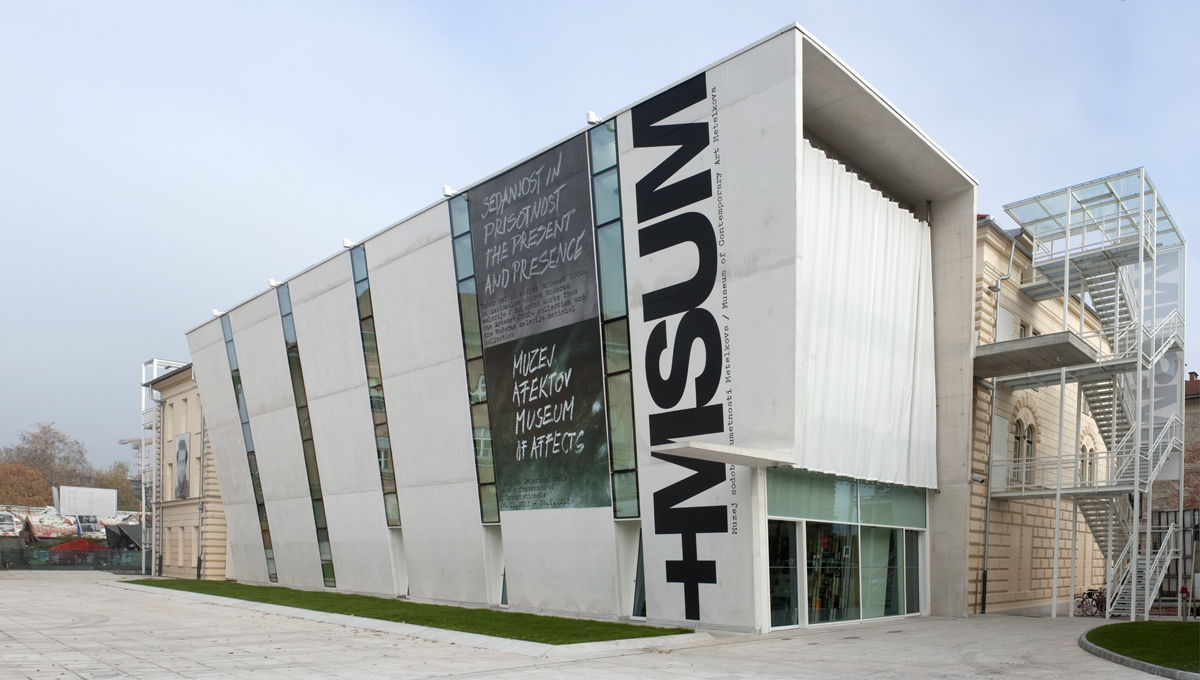In recent years the concept of resilience has grown out of the global trend of developing sustainability in the societies of the global North. In natural sciences or physics, a resilient body is described as flexible, durable, and capable of springing back to its original form and transforming the energy received into its own reconstruction (a good example of this is the sponge). In psychology, resilience refers to the subject’s ability to recover their original state relatively quickly after some significant stress or shock and continuing with the processes of self-realization without a major setback. Resilience is more than just the ability to adapt, promoted by the concept of the flexible subject over the past two decades, which was adopted by corporate capitalism and triggered the precarious mass movement of laborers. Resilience encompasses exploring reciprocal dependence and finding one’s political and socio-ecological place in a world that is out of balance and creates increasingly disadvantageous living conditions. Rather than trying to find global solutions for some indefinite future or projecting a possible perfect balance, resilient thinking focuses on the diversity of practical solutions for the here and now, and on the cooperation and creativity of everyone involved in a community or society.
The 7th Triennial of Contemporary Art in Slovenia gives prominence to practices that can be seen as analogous to the concept of resilience, i.e., community-oriented, site-specific, participatory, performative, architectural, social, civic and other discursive practices exploring new (or revived) community principles, such as the “do-it-together”, urban gardening, and co-working, as well as the fundamental social question of how we coexist. Blending work and everyday life forms the basis of new economic, ethical, and production principles that the younger generation of artists uses to transform the role of the creative subject in contemporary Slovenian society. On the one hand this opens dialogues with biotechnology, critical theory, and political activism, underscoring, on the other hand, the cyclic nature of time by reviving traditional knowledge and techniques. Occurring across many platforms – the exhibition, performative projects, discussions – the triennial also gives the young generations an opportunity to express their potential through addressing urgent local and global socio-political problems and contributing to the debate in and over existing Slovenian cultural policy.




